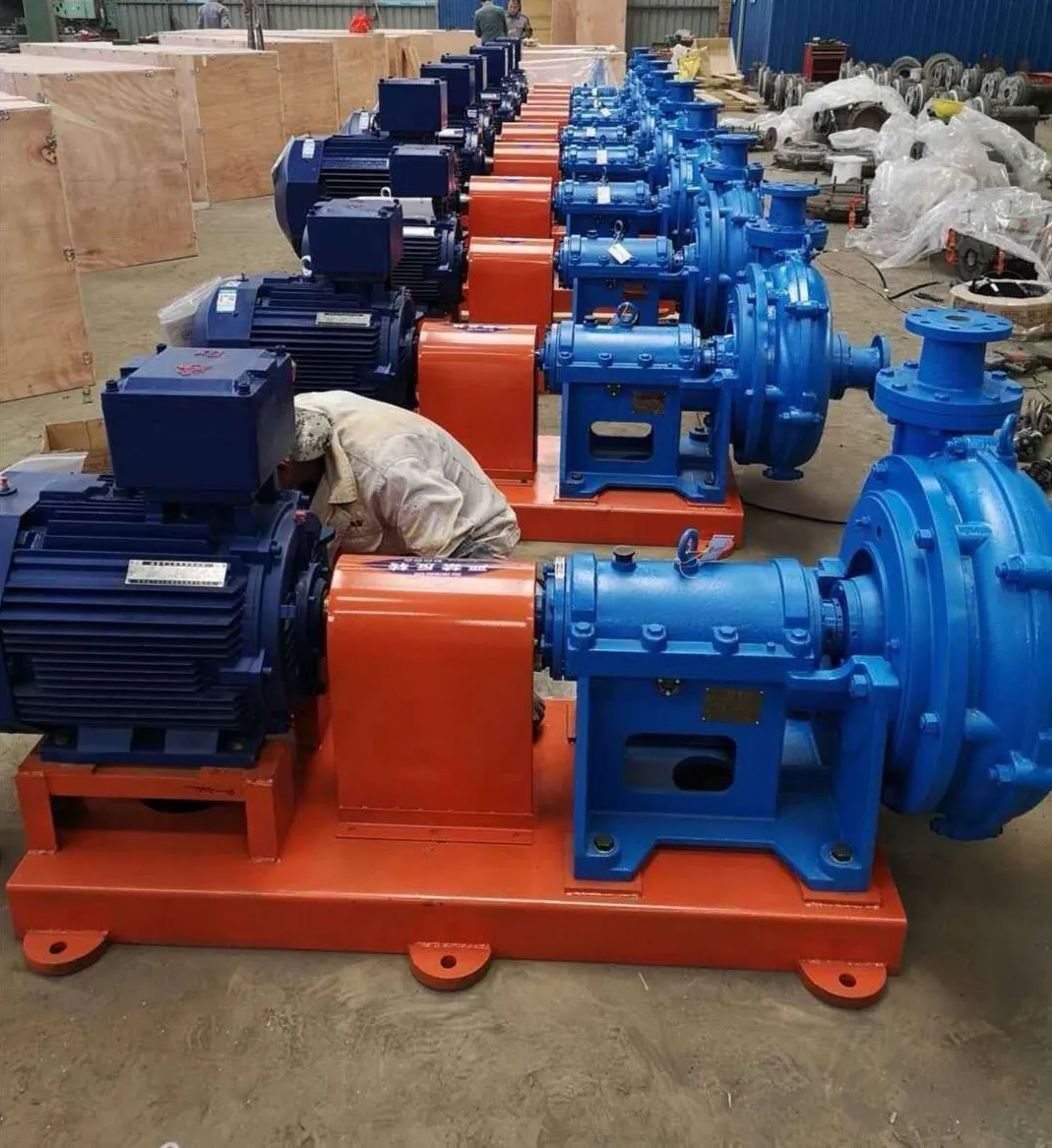Vietnamese
- Afrikaans
- Albanian
- Amharic
- Arabic
- Armenian
- Azerbaijani
- Basque
- Belarusian
- Bengali
- Bosnian
- Bulgarian
- Catalan
- Cebuano
- Corsican
- Croatian
- Czech
- Danish
- Dutch
- English
- Esperanto
- Estonian
- Finnish
- French
- Frisian
- Galician
- Georgian
- German
- Greek
- Gujarati
- Haitian Creole
- hausa
- hawaiian
- Hebrew
- Hindi
- Miao
- Hungarian
- Icelandic
- igbo
- Indonesian
- irish
- Italian
- Japanese
- Javanese
- Kannada
- kazakh
- Khmer
- Rwandese
- Korean
- Kurdish
- Kyrgyz
- Lao
- Latin
- Latvian
- Lithuanian
- Luxembourgish
- Macedonian
- Malgashi
- Malay
- Malayalam
- Maltese
- Maori
- Marathi
- Mongolian
- Myanmar
- Nepali
- Norwegian
- Norwegian
- Occitan
- Pashto
- Persian
- Polish
- Portuguese
- Punjabi
- Romanian
- Russian
- Samoan
- Scottish Gaelic
- Serbian
- Sesotho
- Shona
- Sindhi
- Sinhala
- Slovak
- Slovenian
- Somali
- Spanish
- Sundanese
- Swahili
- Swedish
- Tagalog
- Tajik
- Tamil
- Tatar
- Telugu
- Thai
- Turkish
- Turkmen
- Ukrainian
- Urdu
- Uighur
- Uzbek
- Vietnamese
- Welsh
- Bantu
- Yiddish
- Yoruba
- Zulu
Telephone: +86 13120555503
Email: frank@cypump.com
Th8 . 08, 2024 15:35 Back to list
Innovative Solutions for Efficient Agricultural Slurry Pumping and Management Techniques in Modern Farming
Agricultural Slurry Pumps Essential Tools for Modern Farming
Agricultural slurry pumps play a pivotal role in the efficient management of livestock waste, particularly in intense farming operations. These specialized pumps are designed to transfer slurry—a mixture of liquid waste and water produced from animal manure—effectively from one location to another. As the agricultural sector evolves and seeks to adopt more sustainable practices, understanding the importance of slurry pumps has become essential for both farmers and environmentalists.
The Importance of Slurry Management
Proper management of animal waste is crucial for several reasons. First, it helps in minimizing environmental pollution. Untreated slurry can lead to the contamination of water bodies, causing harm to aquatic life and biodiversity. Second, the effective handling of slurry enhances soil health. When processed correctly, manure can be transformed into a valuable fertilizer that enriches the soil with essential nutrients, thereby promoting better crop yields.
Slurry management involves various steps, including collection, storage, and application. Here, slurry pumps come into play. They facilitate the movement of slurry from storage tanks to application sites or treatment facilities. Their efficiency is critical; a malfunction in this system can lead to wasted resources and environmental hazards.
Types of Agricultural Slurry Pumps
There are several types of slurry pumps available on the market, each suited for different needs. The most common types include
1. Centrifugal Pumps These are among the most widely used slurry pumps; they operate by converting rotational energy from a motor into energy in the fluid. Centrifugal pumps are ideal for transferring large volumes of slurry quickly and efficiently.
2. Positive Displacement Pumps These pumps work by trapping a fixed amount of slurry and forcing it through the system. They are capable of handling more viscous materials and are often used in areas where high-pressure discharge is required.
3. Submersible Pumps Designed to operate underwater, these pumps are particularly useful for managing slurry in pits and lagoons. They are efficient and reduce the risk of spillage, thus helping in maintaining environmental compliance.
agricultural slurry pumps

Considerations for Selecting Slurry Pumps
When selecting a slurry pump for agricultural use, farmers should consider several factors
1. Pump Capacity The volume of slurry that needs to be moved will determine the pump size and power.
2. Slurry Composition Different types of slurry have varying consistencies and solid contents, so the pump must be appropriate for the specific type of waste being handled.
3. Distance and Elevation The distance the slurry needs to be pumped, along with any elevation changes, will influence the type of pump required.
4. Durability and Maintenance Given the harsh nature of agricultural environments, it’s essential to choose pumps made from durable materials that require minimal maintenance.
Environmental Impact and Future Directions
The push towards sustainable agricultural practices has led to innovative designs and technologies in slurry pumps. Advances such as energy-efficient motors, automated control systems, and enhanced materials are being incorporated into modern slurry pumps. These developments not only improve the efficiency of waste management but also minimize the environmental footprint of farming operations.
In conclusion, agricultural slurry pumps are vital tools in modern farming that contribute significantly to effective waste management and soil health. As agriculture continues to adapt and innovate, the importance of these pumps in promoting sustainability and environmental protection will only grow. For farmers, investing in high-quality slurry pumps will not only aid in compliance with environmental regulations but also enhance the overall productivity of their farming operations.
-
ISG Series Vertical Pipeline Pump - Chi Yuan Pumps Co., LTD.|High Efficiency, Low Noise, Durable
NewsAug.02,2025
-
ISG Series Vertical Pipeline Pump - Chi Yuan Pumps | High Efficiency, Low Noise
NewsAug.02,2025
-
ISG Series Vertical Pipeline Pump- Chi Yuan Pumps Co., LTD.|High Efficiency&Compact Design
NewsAug.02,2025
-
Heavy-Duty Mining Sludge Pumps - Wear-Resistant Slurry Handling
NewsAug.02,2025
-
Horizontal Split Case Pump with GPT-4 Turbo | High Efficiency
NewsAug.01,2025
-
ISG Series Pipeline Pump - Chi Yuan Pumps | High Efficiency, Durable Design
NewsAug.01,2025










